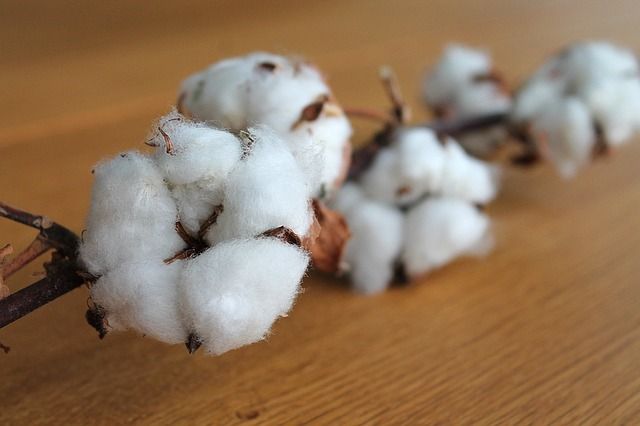In what appears to be the largest pure agtech investment to date, Indigo has raised $100 million in Series C funding as it launches its first commercial product, a microbial seed coating promoting water efficiency in cotton.
The round was led by the $54 billion state-owned Alaska Permanent Fund, with participation from previous investors, including early stage incubation-style VC Flagship Ventures and members of the company’s management and board. The funding comes just four months after the Boston-based Indigo closed a $56 million Series B with Flagship.
The new capital will be used for ongoing R&D, to expand the company’s Boston-based team, and to scale commercial operations in preparation for Indigo’s second product launch later this year, Indigo Wheat.
Indigo’s work focuses on researching the plant microbiome – the microorganisms and their collective genetic material that are present in and around a plant – and how it interacts with a crop’s growth. The company was largely in stealth mode until earlier this year when it raised its Series C round and announced its first two products would focus on water stress. It also revealed that it had tested beneficial microbes on nine different crops, had identified and sequenced over 40,000 plant microbes, and had filed over 150 patents.
Its first product, Indigo Cotton, is a cotton seed coating aimed at increasing water use efficiency. Indigo has partnered with seed distributors to coat and then pass back the seed for them to sell.
With over six million acres of cotton grown in Texas, and plenty more in other dry parts of the US, there is ample demand for water-efficient crops, says Indigo. With partnering farmers, Indigo has now planted around 50,000 acres of Indigo Cotton-coated seeds in Texas and four other states. Indigo says it has “already seeing marked differences in root and stem development and overall plant health in treated versus untreated acres” and expects to see significant yield improvements at harvest time, according to the announcement.
Indigo Wheat, which will launch later this year, is focusing on the 20 million acres of wheat farmland in the US which are also largely dry.
Plant microbiome research has been a hot topic of conversation among the agtech investing elite, and startups are slowing crawling out of the woodwork. California-based startup PivotBio, which still seems to be operating in stealth mode, completed a $16 million Series A round earlier this year. The website gives little information away, but CrunchBase describes the company as using microbe-powered technology to develop products that increase nutrient delivery, provide pest protection, and boost crop quality. And Adaptive Symbiotic Technologies, another microbial seed treatment company, raised $3.4 million in Series A funding on AgFunder last year.
Bayer CropScience’s president and CEO James Blome has expressed the company’s interest in researching the microbiome, while the White House recently launched its National Microbiome Initiative (NMI). The NMI aims to advance understanding of microbiomes in order to aid the development of useful applications in areas such as healthcare, food production, and environmental restoration.
Indigo has some very committed investors, with Flagship Ventures supporting it from the beginning, and The Alaska Permanent Fund has also pledged a long-term commitment to the company; it will invest a similar amount in future funding rounds, according to an announcement.
We look forward to hearing the results at harvest time!
Have news or tips? Email [email protected]





